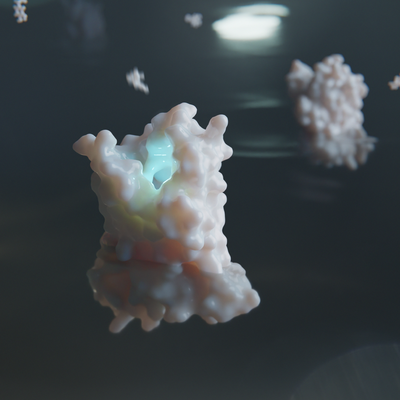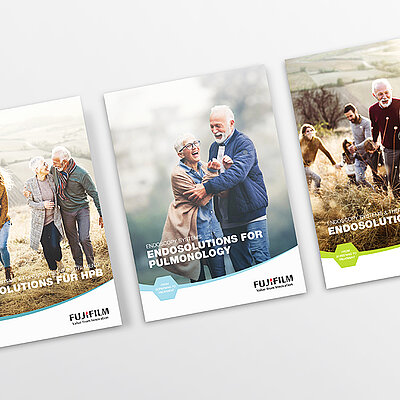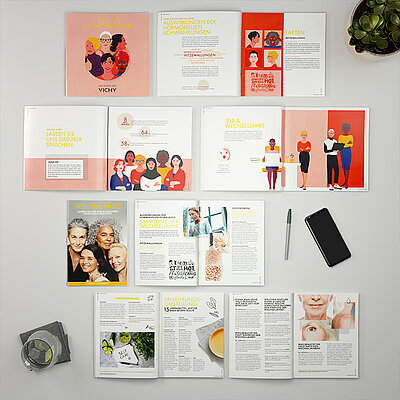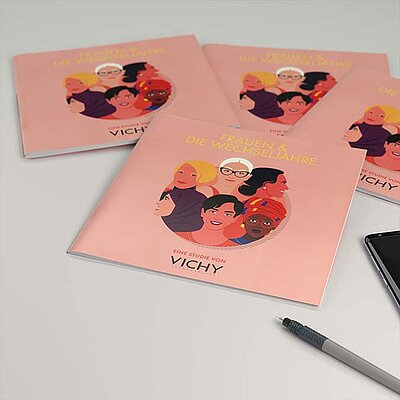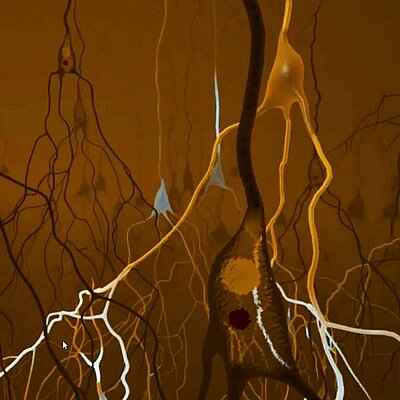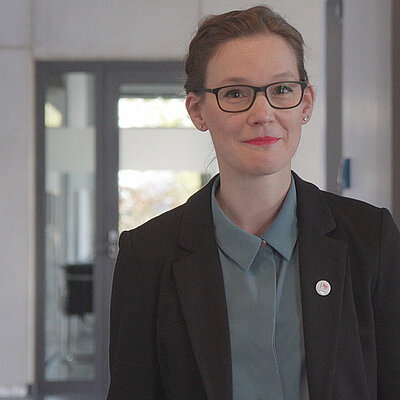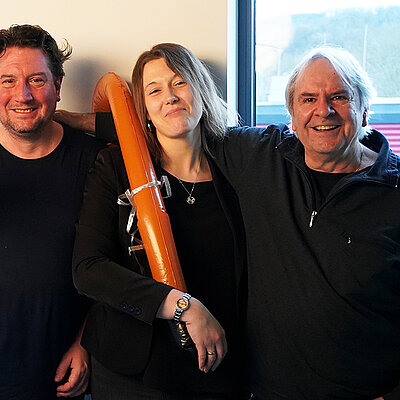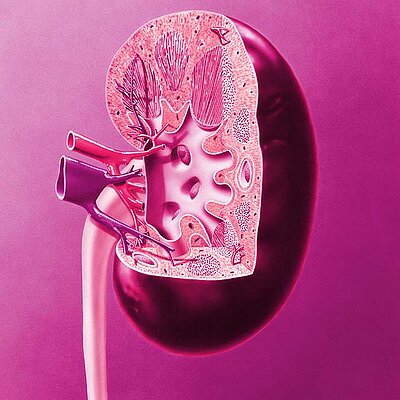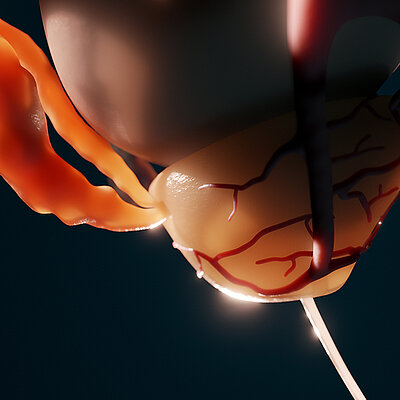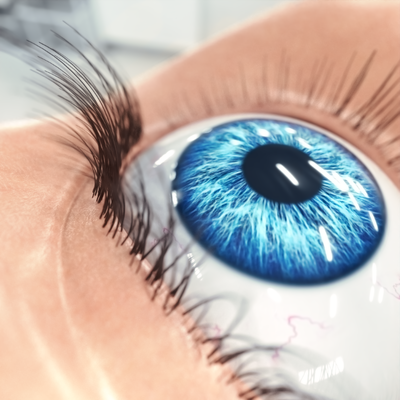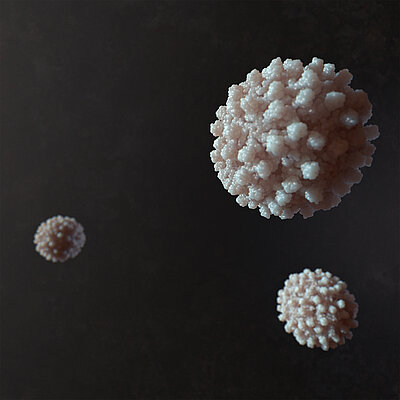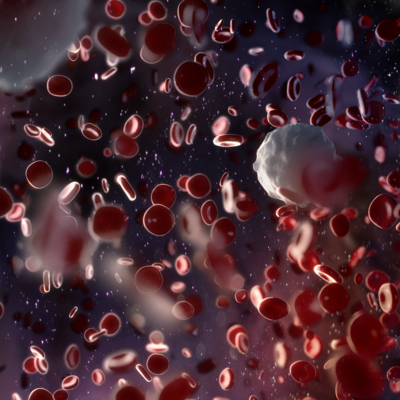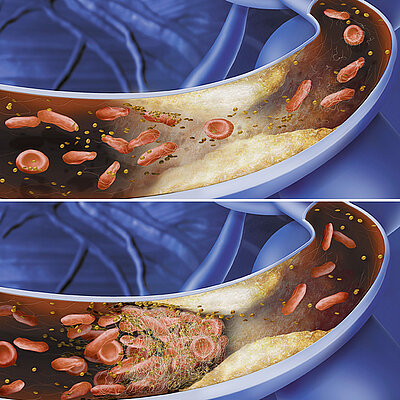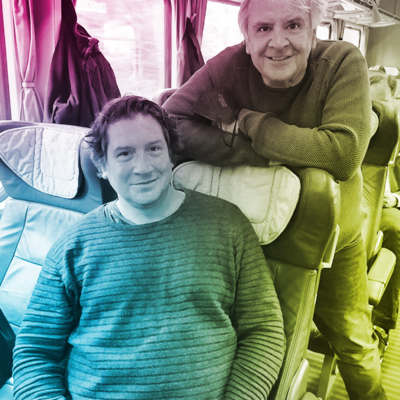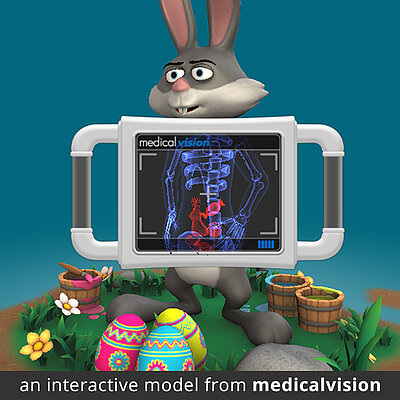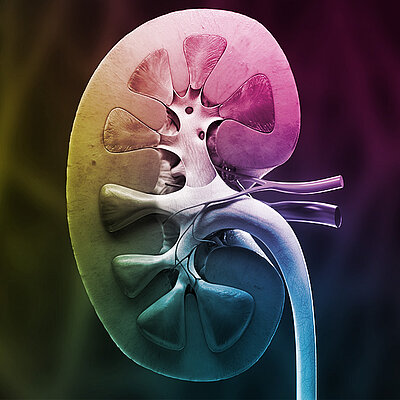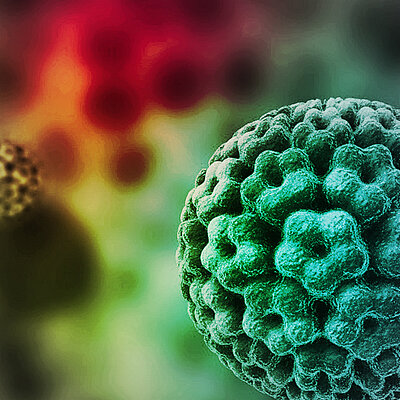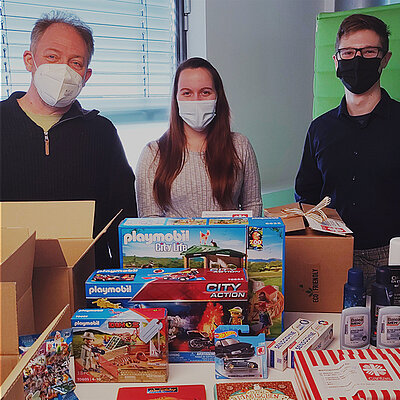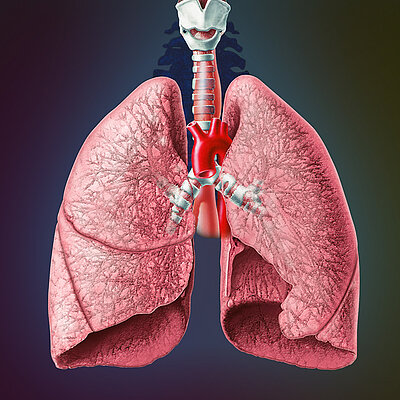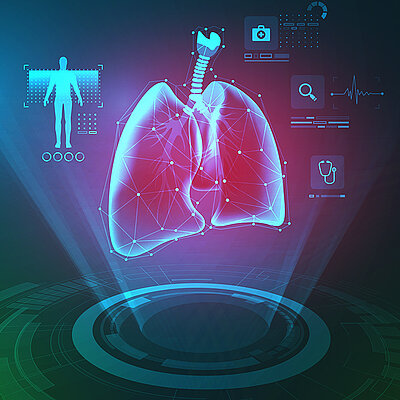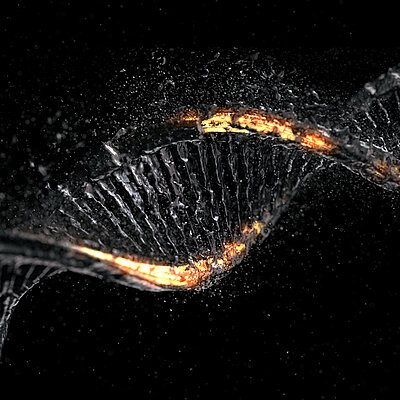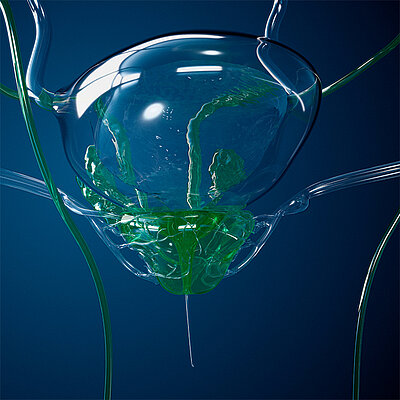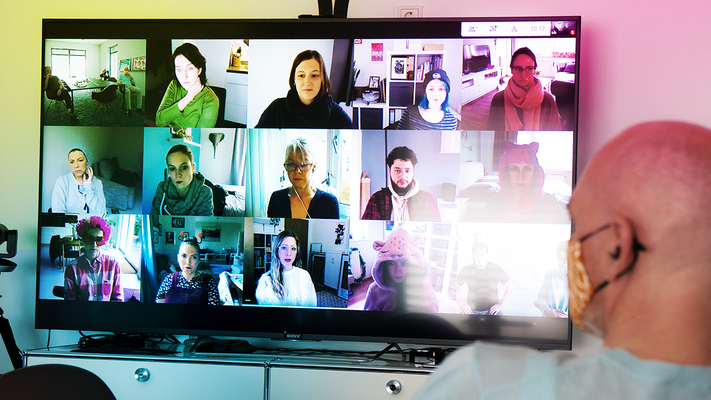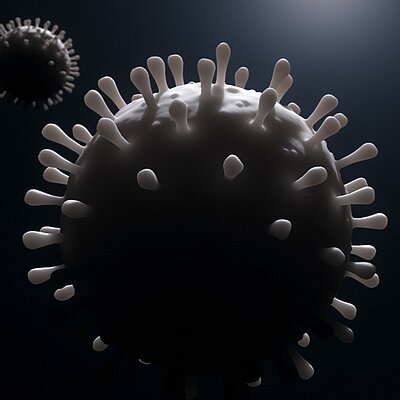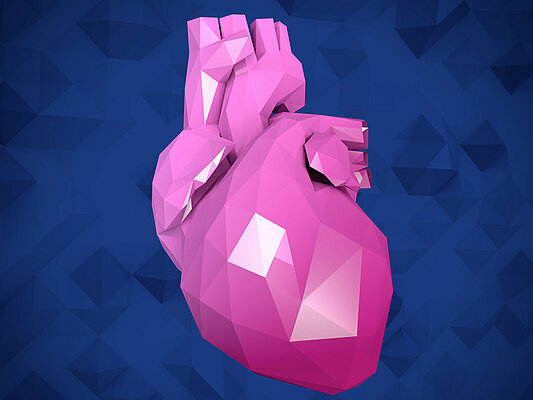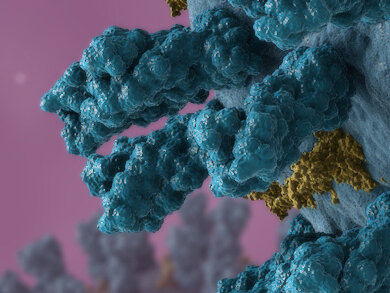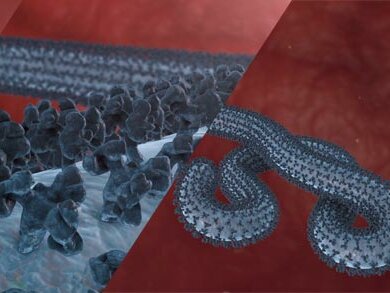If you had been listening to your radio in 1988 you probably know Bobby McFerrin’s “Don’t Worry Be Happy“. The song rocketed to the top of the charts around the world for its simplistic message of being happy regardless of circumstances. You may even remember the lyrics;
“Ain't got no place to lay your head
Somebody came and took your bed
Don't worry, be happy
The landlord say your rent is late
He may have to litigate
Don't worry, be happy"
Happiness for most of us would likely be elusive when being evicted and taken to court because of our destitution. But still, there is wisdom in McFerrin's message. Happiness is not something only left to fate and circumstances. The truth is we are more in control than we think.
It is easier to be happy when everything is going right in life and more difficult when everything seems to be hitting the fan. But it is no secret that people whom we may envy, with pockets full of cash, often suffer from depression while the poor taxi driver barely scraping by and living in a one-room apartment might genuinely feel like life couldn’t be better. Success, fame, wealth, and possessions do not necessarily make us happy.
So what does? It turns out there really is a biological recipe for happiness. There are measurable components in each of us that, in certain doses and compositions, create a feeling of happiness in our brains regardless of outside factors. We are talking about endorphins: the body's own hormones which, in conjunction with other mood-enhancing messenger substances such as serotonin, dopamine, norepinephrine, phenethylamine, and oxytocin, regulate our feelings of happiness and well-being. The good news: we can influence the release of these “happiness hormones”. A diet rich in tryptophan (including foods like bananas, nuts, chocolate, soybeans, potatoes, and eggs) supports the production of serotonin. Exercise, especially pushing beyond your limits, releases endorphins. Exposure to the sun, helps our bodies produce vitamin D, which stimulates the production of serotonin and dopamine. Eating a diet rich in protein, vitamins, and low in saturated fat will also help optimize dopamine levels.
The release of oxytocin can come through a hug or by bonding with someone you care about and is a good way to boost your happiness. It may not be easy at the moment given the pandemic, but the pandemic will eventually pass and when it does, take it upon yourself to bond with those important to you. Share a kind word and a hug and spend time together. It costs nothing and can have massively positive effects. Even in these times where loneliness and isolation are commonplace, especially among older people, it is important to do what we can to bond. A telephone call will not replace a warm embrace and a cup of coffee together, but it can boost the spirits for both you and the person you are calling.
Finally, one mental trigger we might use to boost these chemicals might simply be to try and be in the moment. Take a child for instance, when a child sees snow, their eyes may widen and their mouths may drop open in a feeling of elation that we, as adults, so seldom experience. But why is this? A child is simply lost in that moment. It is akin to meditation. They have blocked out all that is irrelevant for them at that point in time. Regardless of what else may be going on in their lives, right then the only thing that matters is the gentle falling of the delicate white flakes of snow. It is both wondrous and magical. The child is, as Bobby McFerrin suggested, not worrying. They are just being happy.
Sometimes happiness is unattainable because of physical issues that need treatment by a healthcare professional. If you feel depressed, especially for long periods of time, you shouldn’t feel ashamed. You may not be able to solve it alone. In such circumstances talk to your doctor. He or she may be able to work with you to get the chemicals coursing through your body back to healthier levels allowing you to regain your happiness.




